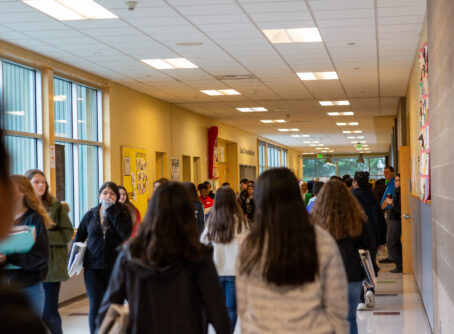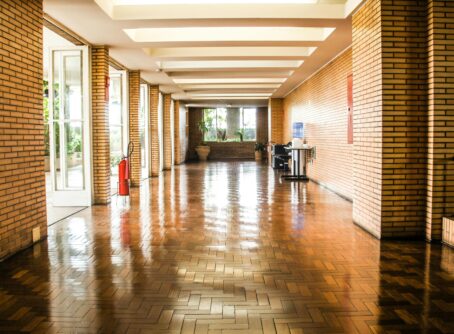Program Manager (Church Reforming: Preaching for a Pluralistic Age)
Careers
Current Openings
Working at CPJ
The Center for Public Justice is a nonpartisan, Christian civic education and public policy research organization. Our mission is to equip citizens, develop leaders, and shape policy in pursuit of our purpose to serve God, advance justice, and transform public life.
A commitment to Christ in all that we do is essential to the fulfillment of CPJ’s mission, therefore any interested candidate must be able to demonstrate their faith commitment in practice and explain how they envision their faith connecting with their role at CPJ.
The Center for Public Justice is a collaborative team environment of joy-filled Christ-followers. CPJ team members are passionate about CPJ’s mission and demonstrate diligence and excellence as a response to God’s creation mandate.
Upon submission of the required application materials, qualified candidates will be asked to review CPJ’s Theological Basis and Standards of Conduct. Prior to setting up an interview, qualified candidates will be asked to affirm that they will uphold these standards if they are selected for the position.
Salaries and Benefits
Salaries are based on experience and skill, relative to salary benchmark data. The Center for Public Justice is a family-supportive employer. As such, CPJ offers a generous benefits package including 100% paid health and dental insurance premiums for employees; 16 paid holidays; 2 weeks of paid leave which increases after the first year of employment, paid family medical leave and a flat/non-matching employer contribution to a 403(b) retirement plan.
CPJ’s team members are eligible for two weekly telework days (Mondays and Fridays). Information regarding the specific details of each of CPJ’s employee benefits are in the Employee Handbook, which provides the authoritative information regarding each program.
Articles

The best way to fight incarceration and recidivism is to keep people — especially students — out of carceral systems to begin with. We should not be unnecessarily policing schools and creating environments that are preparing kids for incarceration.

The Biden administration has issued a new regulation for foster care that is intended to ensure safe and appropriate care for LGBTQI+ children. States are supposed to comply with it by October 1, 2026.

